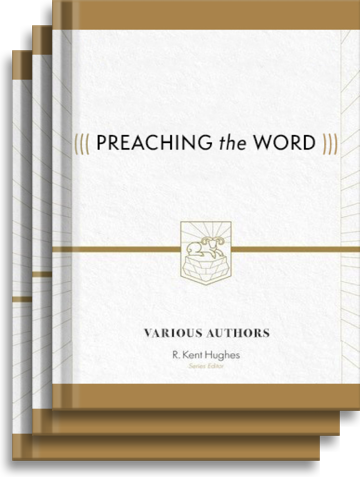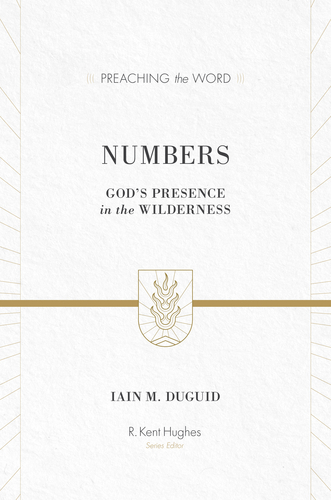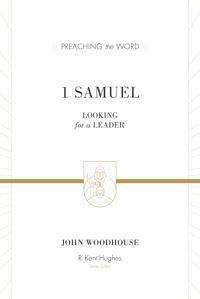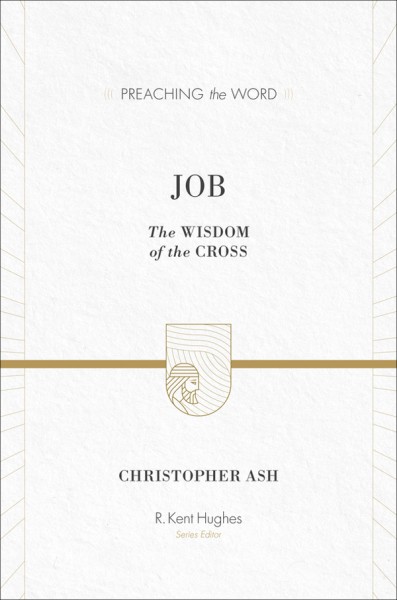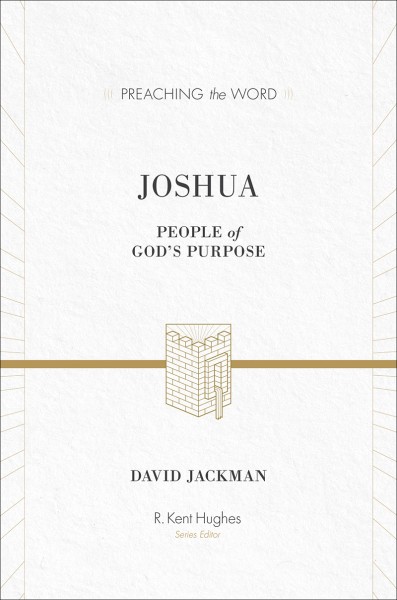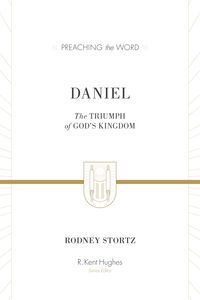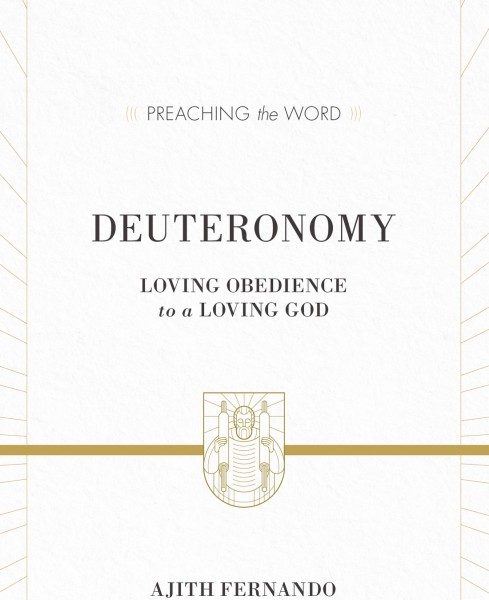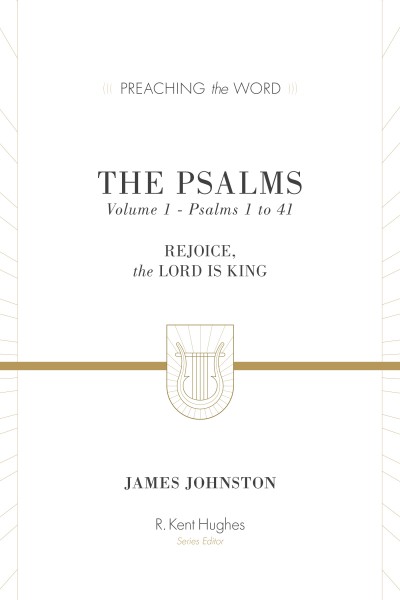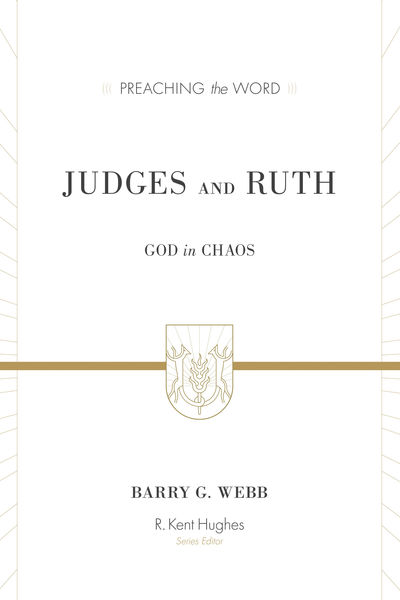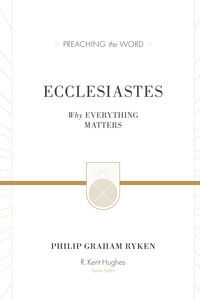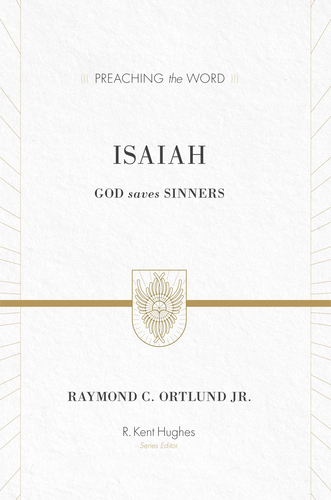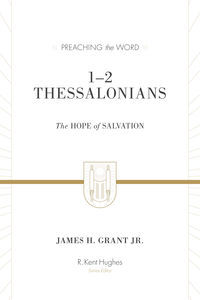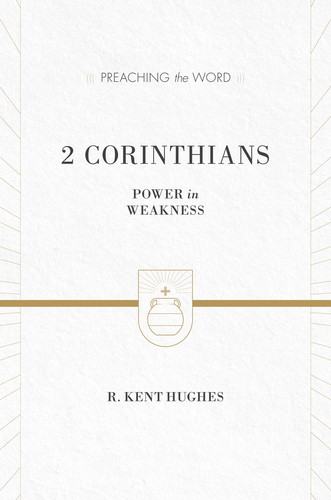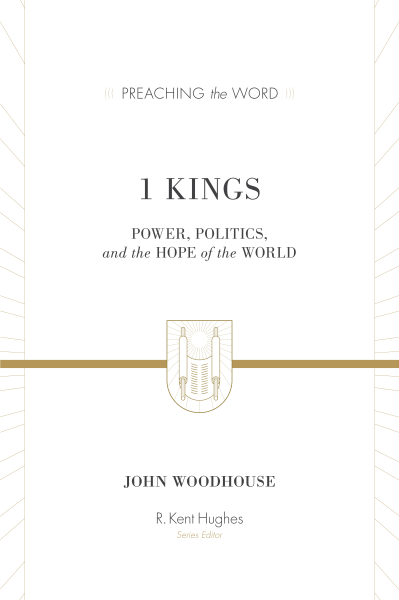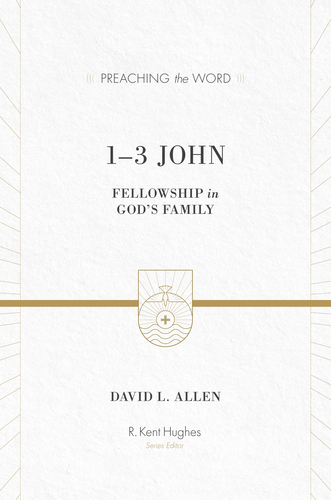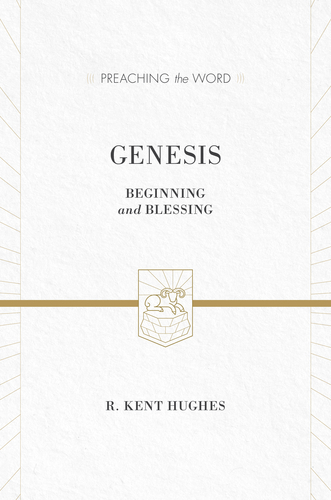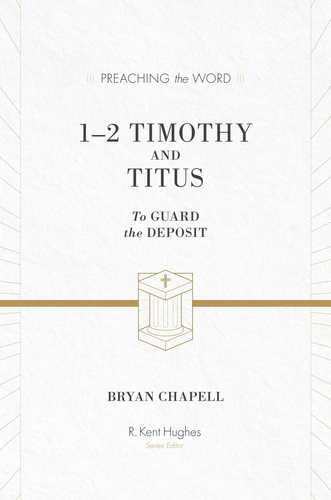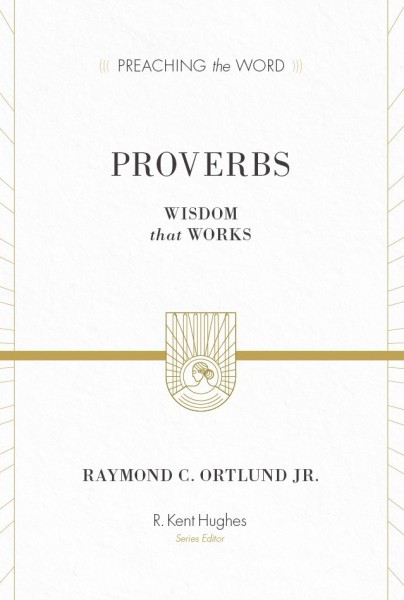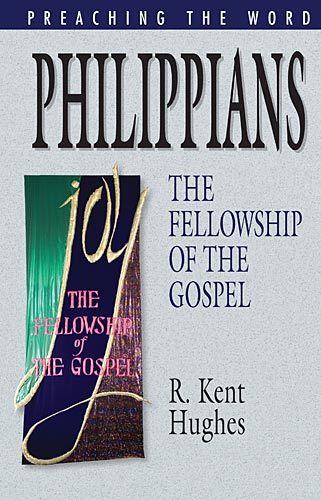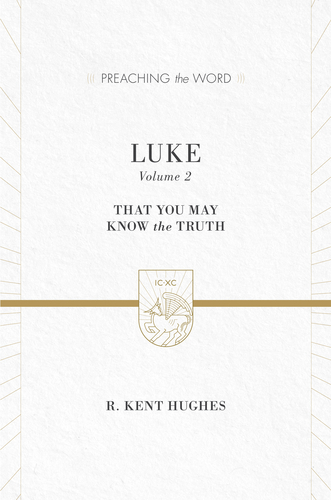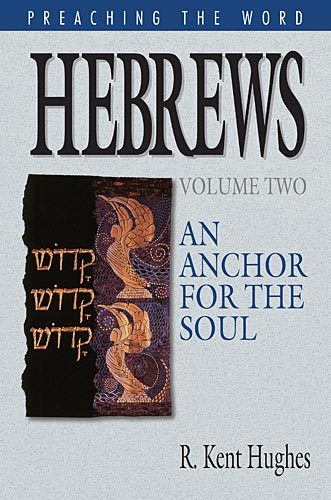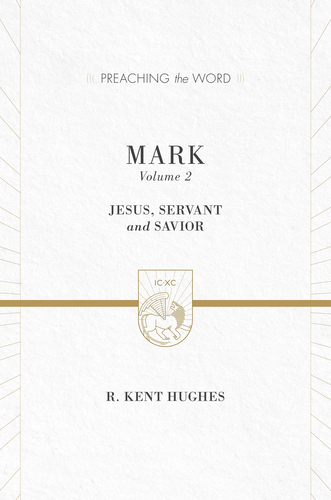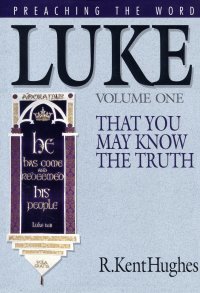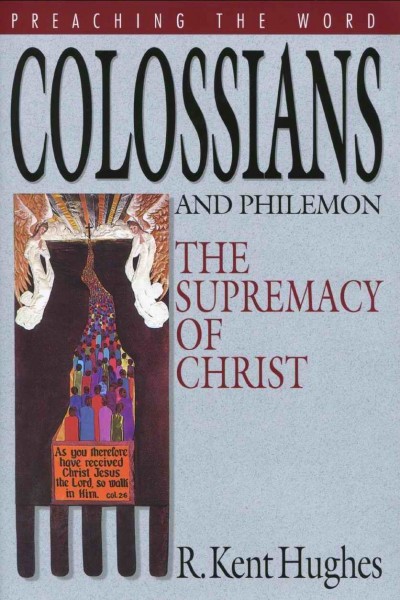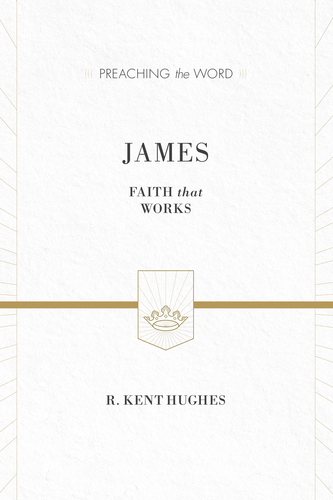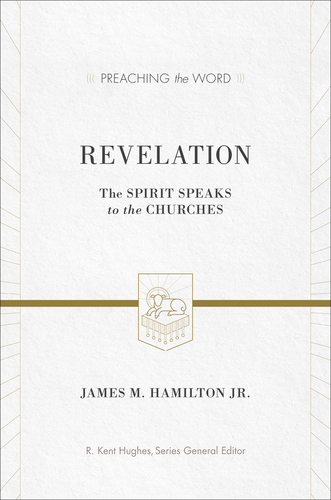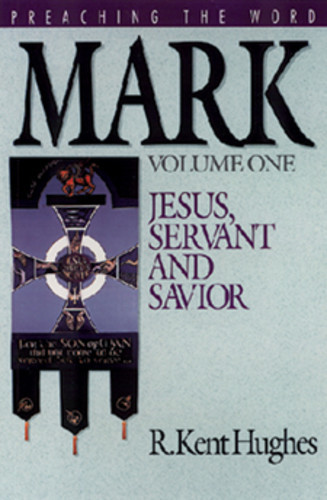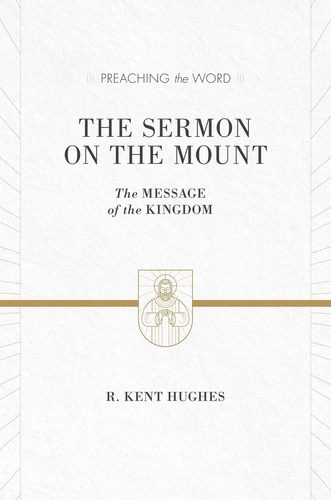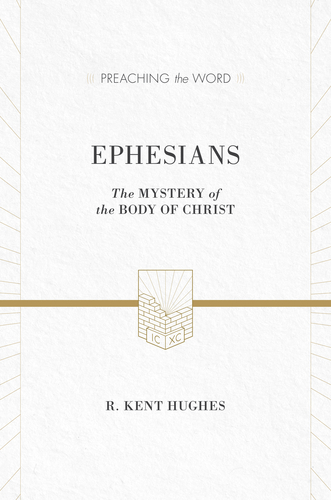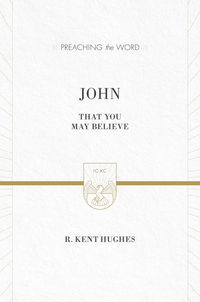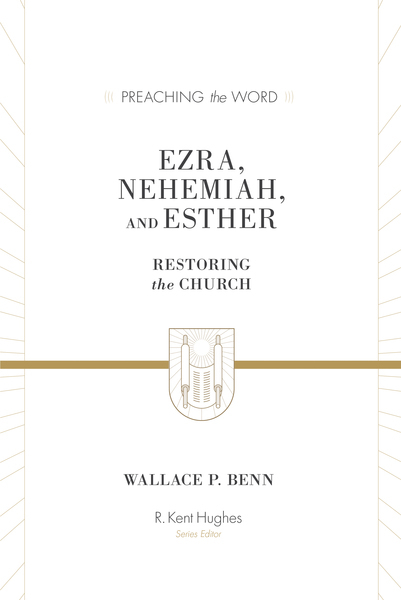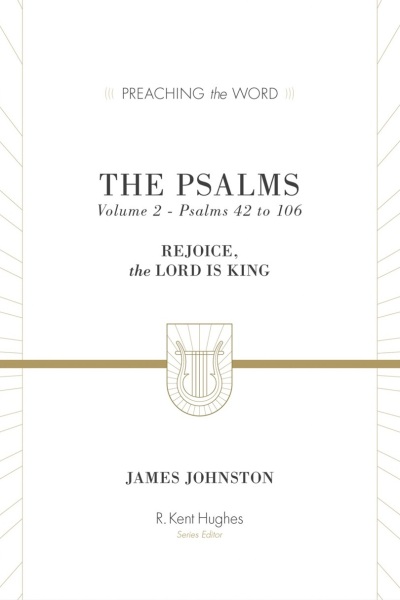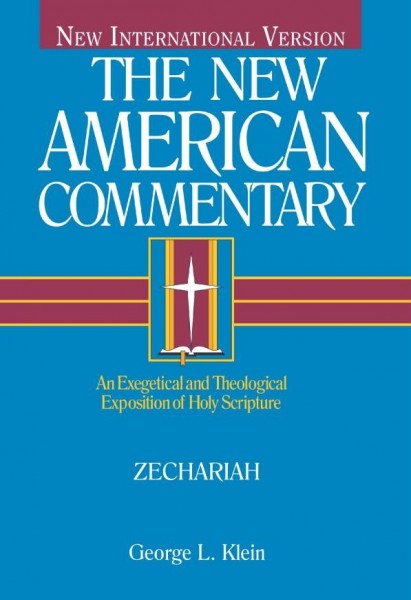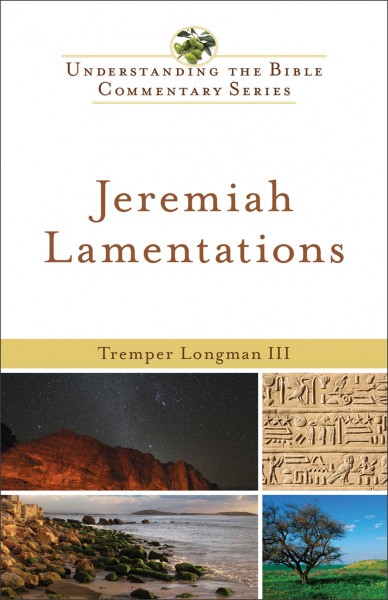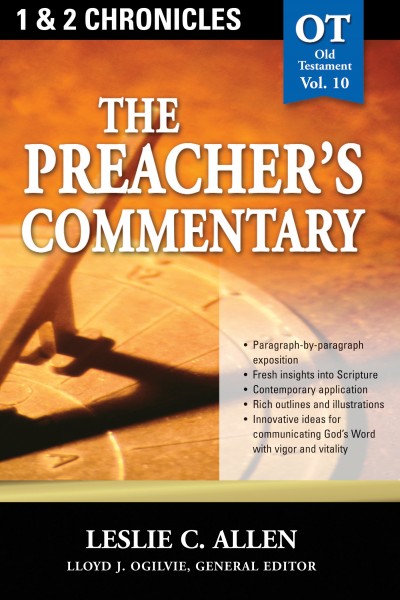

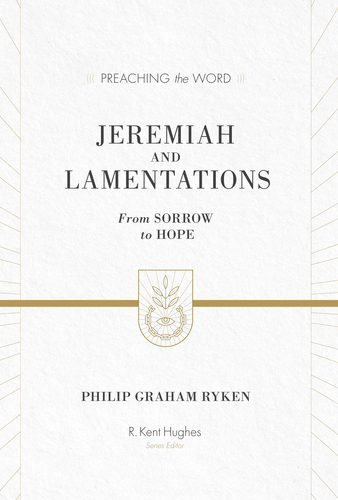
Preaching the Word - Jeremiah and Lamentations

Preaching the Word - Jeremiah and Lamentations
The “Weeping Prophet,” the rabbis said, began wailing the moment he was born. Jeremiah had reason to weep—he witnessed the devastating consequences of life without God.
Sadly, the relativism Jeremiah saw in ancient Israel predominates in America today. That’s why his words are so relevant for our lives. Better than anyone else, Jeremiah exemplifies—through his courage, passion, even his sufferings—how believers can live for God in a society that has turned against Him.
While the book of Jeremiah shared the last, desperate days of the Jerusalem he loved, Lamentations expresses the cries of his heart. Yet they reveal more than the prophet’s grief—they are an attempt to reflect on the meaning of human suffering. Lamentations gives voice to the deepest agonies, with the hope that some comfort may come from crying out to God for mercy. Together the two books illustrate the eternal principle that man reaps what he sows.
It is a lesson the world—and the church—needs to learn. With the heart of a pastor and the knowledge of a scholar, Philip Graham Ryken applies these words of life to us today. His commentary will not only help you understand and teach from these spiritually relevant books, but also it will inspire you with the courage and passion of God’s personal call for you to live in these times.
